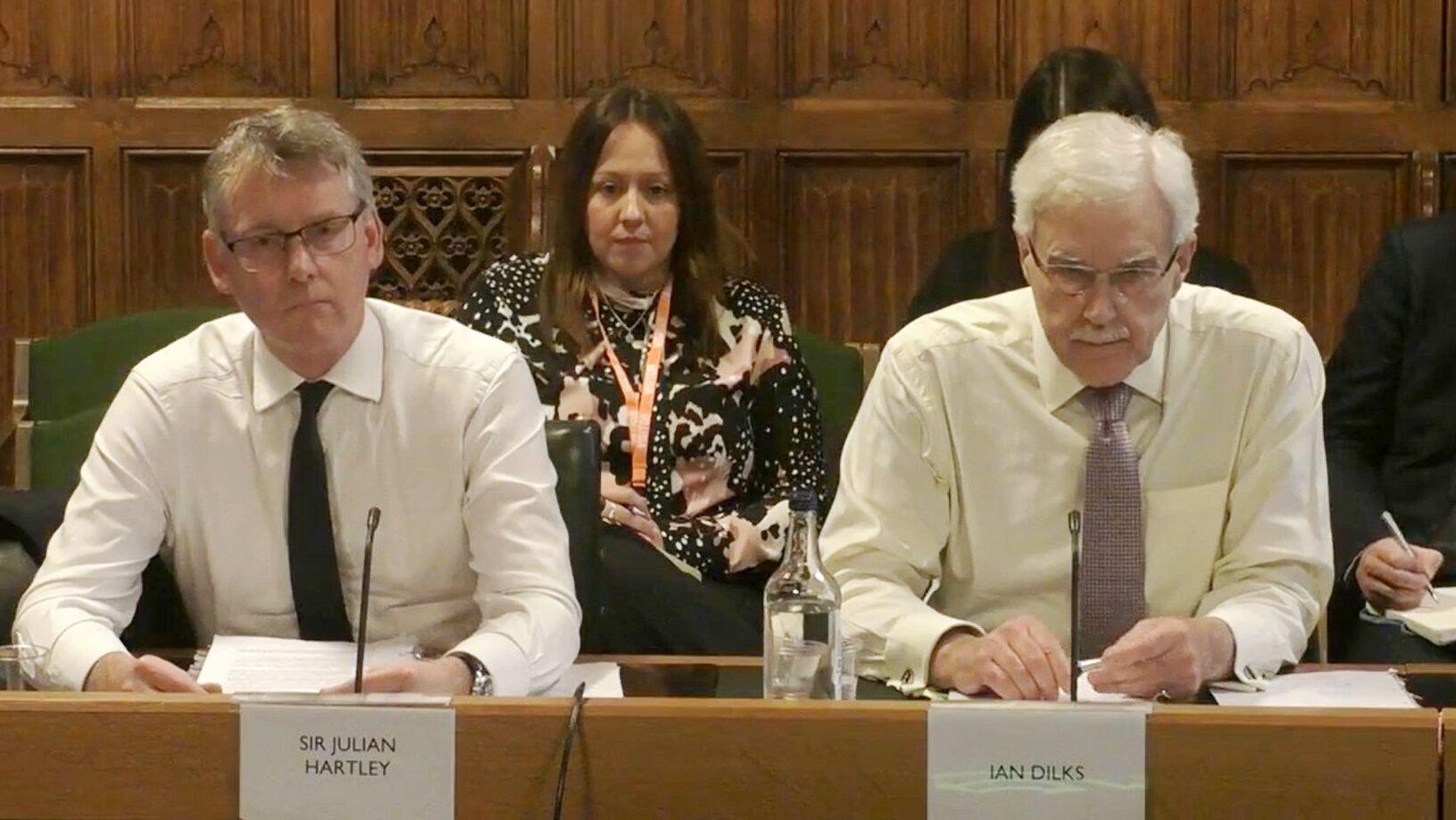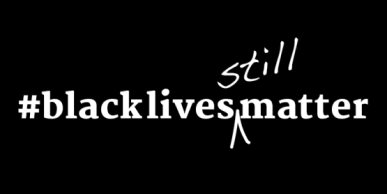We have to navigate the world so differently
Black Lives Still Matter: Karen Bonner, chief nurse at Buckinghamshire Healthcare NHS Trust. Interview by Craig Ryan.
I always wanted to be a nurse and was fortunate to have many opportunities early in my career. When you’re a junior or in training, there are lots of people who look like you. But there’s a moment – for me it was probably when I became a lead nurse – when you realise that you are the only black person in the room. That’s when I started to tune into my race and the impact it has on my career.
You have to manage lots of ‘micro-aggressions’. I get many comments about my hair – it’s naturally curly and kinky and I choose not to straighten it – and I was told once that I looked like a poodle. People are surprised when you introduce yourself, as if you’re not what they expected – I had that even as ward sister – or they assume you’re the junior colleague or the PA.
Being very conscious that you’re not what people expect, and not seeing people who look like you in senior roles, leads to a lack of confidence. You think, “I could never be a chief nurse because I don’t look like them.” We all have the imposter syndrome, and research shows it’s even greater for people of colour.
It’s indoctrinated into us as kids that you’ve got to work twice as hard as white people – because you won’t necessarily be appointed just on your potential. I’m very proud that I started as an enrolled nurse – I think it made me a better nurse because you were trained for two years just to care. Then I did my SRN, my diploma, my degree, my Master’s and two or three leadership courses. But I was still told things like: “I don’t see you as a director of nursing”. At the time, I never asked, “What do you mean by that?” Perhaps because I already knew the answer.
Throughout Black History Month this October, we’re learning about the experiences of black managers in the NHS, and how we can all help to end racism at work and in everyday life. On our website and in our magazine, black members and NHS leaders will tell you about their lives and careers in their own words. If you’ve got a story to tell, we want to hear from you too.
I think that causes some of the resentment that some black and brown people feel: I’ve gone off, done all these things and when I come back, I’m still not good enough! So what exactly do I have to do? Black and brown people don’t want to be just given a job – they want to know they’ve been treated fairly.
We have to navigate the world so differently. We have to think about whether you can be your authentic self at work, or flex to fit in with what people expect. It’s much more wearing emotionally, physically and mentally for me than for a white woman from a similar background.
A lot of white colleagues ask what they can do. The real question is whether you see it as a priority. If your A&E is falling over, would you looking at restructuring outpatients? No, you’d look at the biggest problem you have.
Individually, I think people need to really listen to black and brown staff Then you have to act on that – ask yourself what you personally need to change. It shouldn’t always be about telling us to retrain or change ourselves in some way.
Having somebody that really nurtures you and sees your potential can really help you in your journey. I was fortunate to have a chief nurse like that when I was a matron. I was bullied in my next job and went back to that trust to recuperate in a space where I felt supported and respected, and had an ally who really championed my career.
Black Lives Matter has been a key moment, but the window is closing. There’s a risk of projecting the problem back onto black people, saying it’s their issue, not ours. And there’s a danger that people will get on board with the one-off issue – the killing in America – but fail to see the systemic problem that needs fixing. I’d like to think it’s different this time. But when my young niece and nephew tell me they’re having the same experiences that I had, I have to ask what’s really changing. Because that’s the real litmus test, isn’t it?
Follow Karen on Twitter: @karenabonner2. This is the one of a series of interviews with black MiP members and NHS leaders which we will be publishing throughout Black History Month in October. To find out more about Black History Month and to get involved, visit: blackhistorymonth.org.uk.
Related News
-

Regulating the managers: more questions than answers
The Labour government’s plans for regulating NHS managers are still shrouded in mystery, and the three options on the table each have their pros and cons. Rhys McKenzie weighs up the choices and gauges the views of MiP members on the best way forward.
-

The inspector falls: why the CQC needs a fresh start
After years of chaos, the Care Quality Commission urgently needs to rebuild trust and credibility with the public and the services it regulates. What needs to change and what are the priorities for new boss Sir Julian Hartley? Alison Moore reports.
-

Voice, value and vision: what analysts need from the NHS
Data analysts play a vital role in an NHS which is increasingly data-driven and focused on public health trends. But the NHS faces fierce competition for skilled analysts and many feel the health service fails to value them or fully use their talents. Alison Moore reports.
